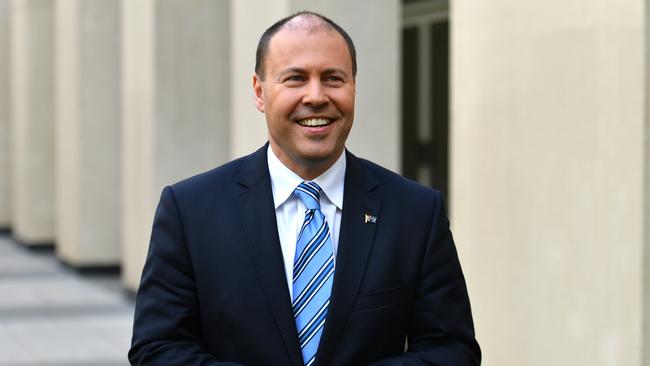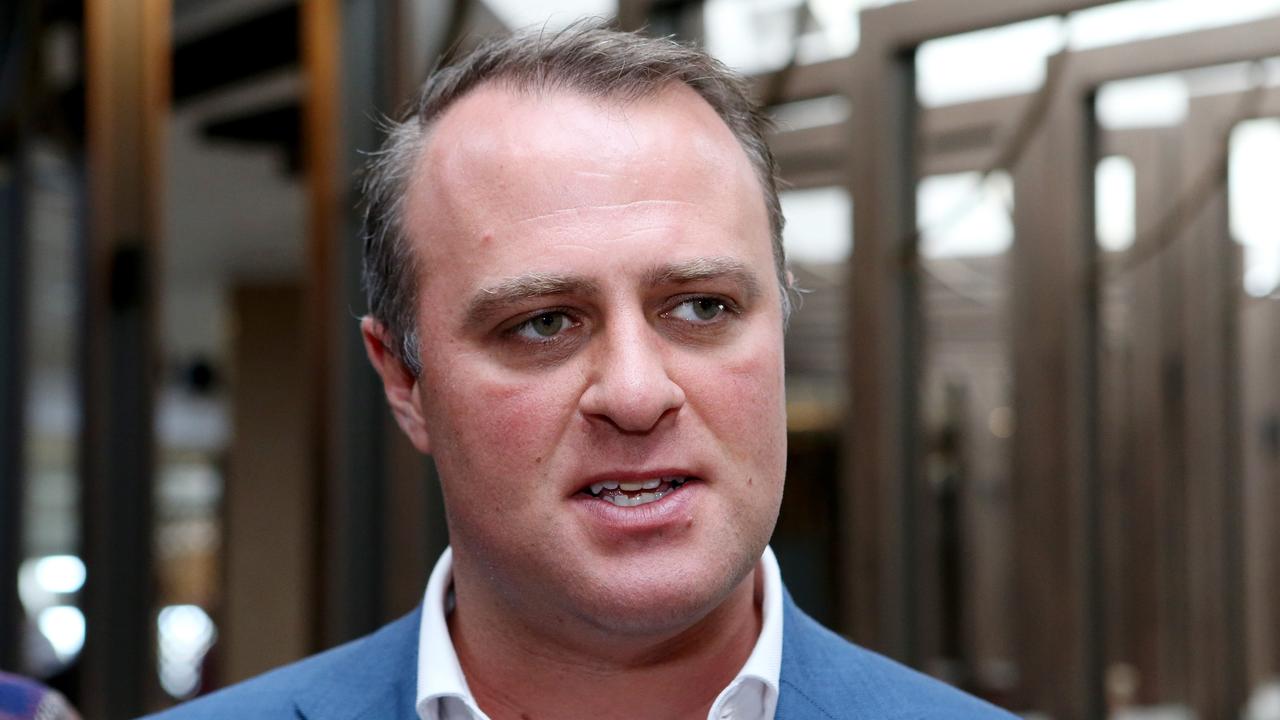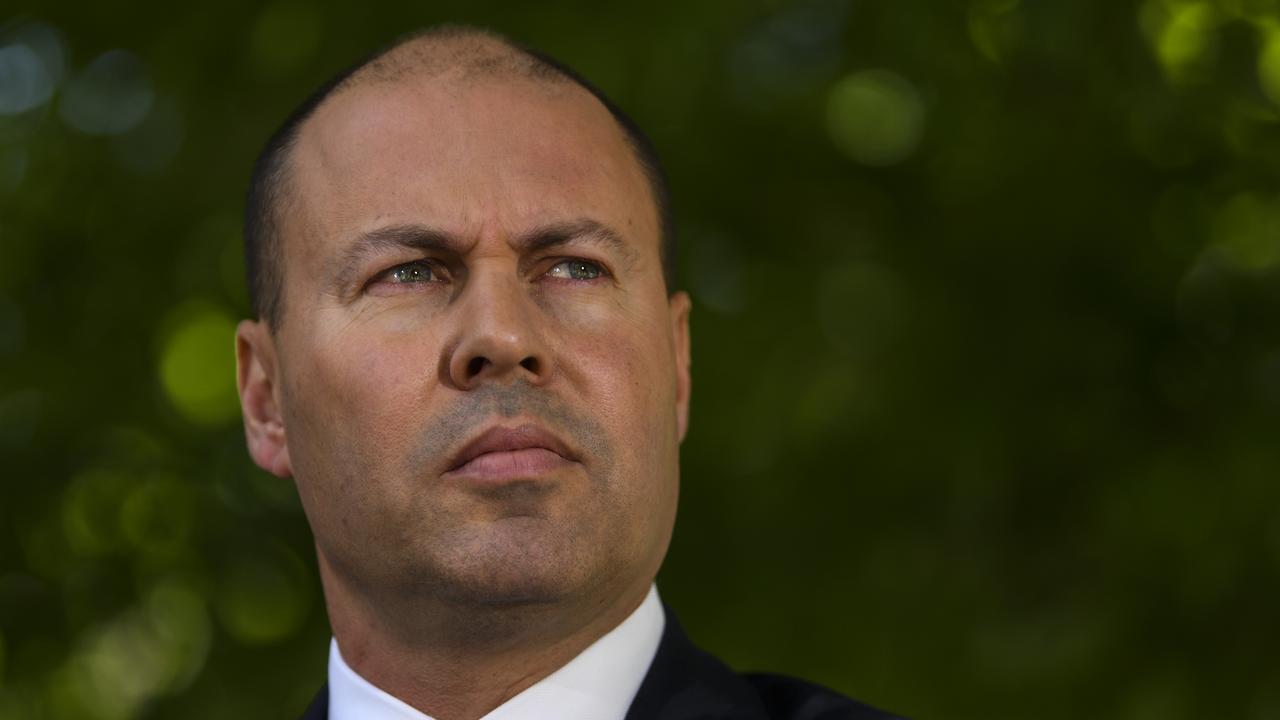Coalition commits to covering state losses from GST formula
Treasurer Josh Frydenberg has agreed to cover any shortfalls in funding under its overhaul of GST arrangements.

Josh Frydenberg has bowed to pressure from state and territories, with the government agreeing to foot the bill and cover any shortfalls in funding under its overhaul of GST arrangements.
The deal, cautiously welcomed by the states yesterday, came after Scott Morrison was pressured by Labor and Coalition MPs concerned about the new distribution formula. The government yesterday committed to covering the cost of any losses suffered by the states during the transition period between 2021-22 and 2026-27, but rebuffed calls to legislate in perpetuity the commonwealth’s underwriting of any losses of GST revenue by states under the new model.
The Australian understands some government MPs threatened to cross the floor unless the no-state-worse-off clause was legislated, and some argued for it to be extended forever. The compromise, which will see new GST legislation go through parliament this fortnight, was sealed despite the government already committing to a $9 billion kitty of untied funding to top up the GST pool over the next 10 years.
After that, the government has committed to spend $1bn a year for any state or territory that loses GST revenue after transition to the new formula.
The deal, facing scrutiny by state treasurers, comes on the back of legislation to fast-track small business tax cuts into parliament yesterday, at a cost $3.2bn. A third major economic reform, the Trans-Pacific Partnership trade deal, was due to pass through the Senate last night.
“A sensible compromise has been reached,” the Treasurer said. “I pay credit to my colleagues in the partyroom who have strongly supported this solution.”
The new GST redistribution model, which Labor said it would support in-principle, will have a floor of 75c in the dollar for GST funding. Western Australia’s share of GST revenue fell to 30c in the dollar at the end of the mining boom, sparking calls to overhaul the system.
Opposition Treasury spokesman Chris Bowen said the about-face was a “humiliation” for the government.
NSW Treasurer Dominic Perrottet and Victorian Treasurer Tim Pallas, who are both facing elections, demanded a legislated guarantee that their states not be left worse off after producing modelling that showed the states were vulnerable to losing revenue during a downturn.
The government will run two accounts over the transition period to compare how the states and territories fare under the new system compared with the old model, and pay them the better of the two. The Productivity Commission will review the system in 2026-27.
Mr Perrottet blamed Western Australia for the GST debacle after squandering the rewards of the mining boom. “WA (is) being rewarded for poor financial management,” Mr Perrottet said.
WA Premier Mark McGowan said the deal was a “fair compromise” and “the light is at the end of the tunnel” on the long-term political headache.
South Australian Treasurer Rob Lucas said the proposal “will ensure we have funding certainty in the years to come”.
Queensland Treasurer Jackie Trad said she would “scrutinise” the legislation before supporting the proposal. Tasmania Treasurer Peter Gutwein said he would review the legislation before commenting. ACT Chief Minister Andrew Barr said it was important the guarantee “had teeth”.
Northern Territory Treasurer Nicole Manison said the legislation only protected the territory from future GST cuts.
Additional reporting: Andrew Clennell, Michael Owen, Amos Aikman, Jared Owens, Samantha Hutchinson


